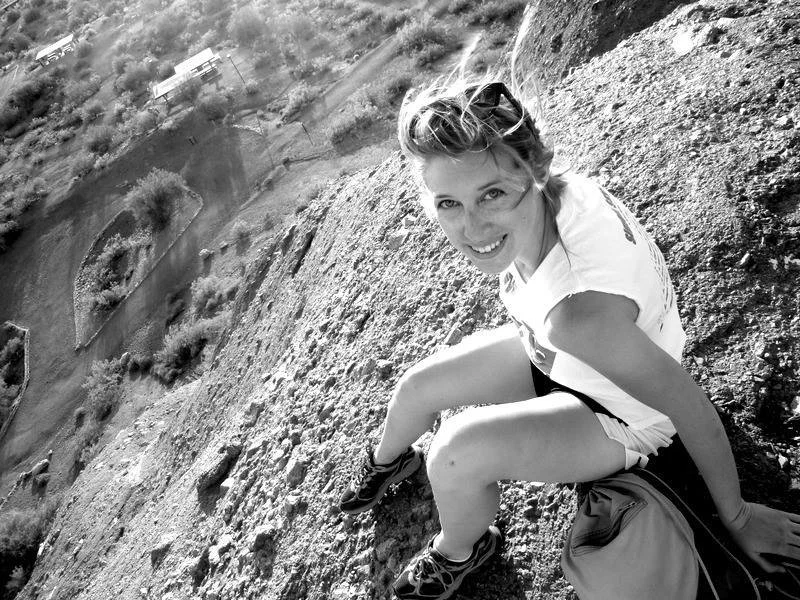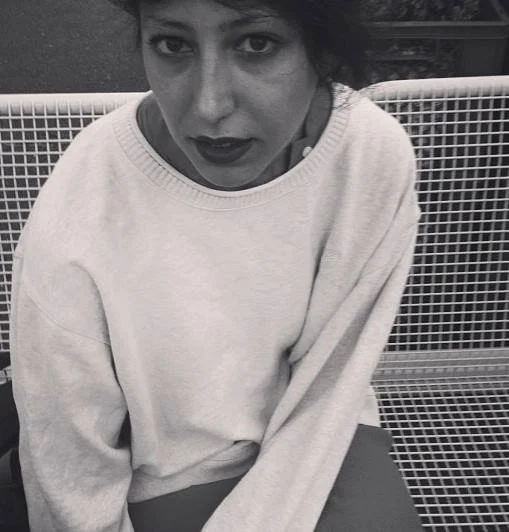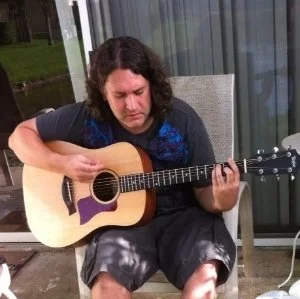HAPPY JUNE! KICKING US OFF IS MATTHEW KILBANE'S POEM "IN THE MANNER OF THE CHURCH." YOU CAN READ IT OVER AT THE DOCK.
HFR: "In the Manner of the Church” is obviously a narrative poem, and yet the lyricism hiding behind the narrative is what we enjoyed most about this piece. The dual assonance in lines like “hours of arduous practice” and “Seated center in the front row I froze though” imitate the action of "climbing chromatics”. Even the formatting of the line-breaks and indentation makes a reader half-swoon through the language. Was it your intention, given the subject matter, to make the poem as much about the sound as possible?
Read More






